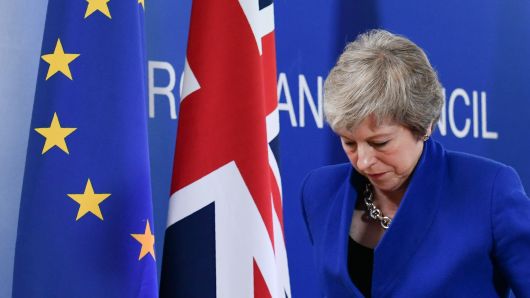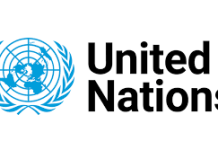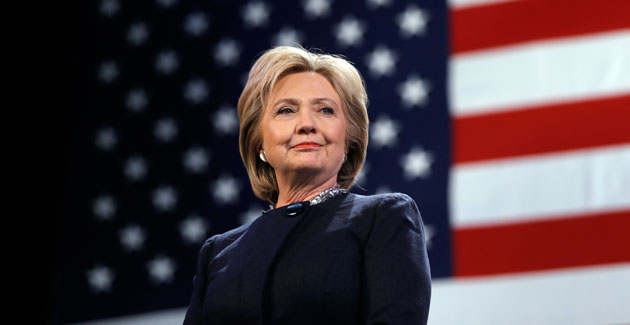The government’s push to roll over EU trade deals from which the UK currently benefits has yielded agreements covering only £16bn of the near-£117bn of British trade with the countries involved.
Despite frenetic efforts by ministers to ensure the continuity of international trade after the UK leaves the EU on 29 March, the international trade secretary, Liam Fox, has so far only managed to secure deals with seven of the 69 countries that the UK currently trades with under preferential EU free trade agreements, which will end after Brexit.
Fox’s department has yet to sign agreements with several major UK trading partners – including Canada, Japan, South Korea and Turkey – while sources have said that sufficient progress is unlikely to be made before the Brexit deadline in less than 50 days’ time.
Canada, Japan, South Korea and Turkey alone accounted for goods exports worth £25bn in 2017 and imports of merchandise worth £28.6bn, with the UK currently able to access these markets on preferential terms as part of membership of the EU.
The deals are being rolled over under a traffic-light system by the Department for International Trade. According to a document obtained by the Sun, only a handful are colour-coded in green as deals that will enter into force by March 2019. The majority are in amber and red, where deliverability is either off-track or significantly off-track, while some major trade deals, including with Japan and Turkey, are coded in black as “not possible to be completed by March 2019”.
Although the government announced a trade continuity agreement with Switzerland earlier this week, covering goods worth more than £14bn, most of the goods deals it has secured so far are worth far less to the UK.
Other countries among the seven where trade deals have been agreed so far include the Faroe Isles, with exports worth £16m and imports worth £229m; Chile, with exports worth £571m and imports worth £718m; and the Seychelles, worth a total of £123m.
A Department for International Trade source said the size and value of the deals did not reflect the whole picture, saying that only about 12% of UK trade took place in 2018 with countries with which the EU has free trade agreements.
The source added that the best way to ensure the continuity of trade was to ratify the government’s withdrawal agreement, which would maintain the UK’s access to the EU and its third-country free trade agreements over the course of the two-year transition period, until alternative arrangements can be made.
“We have already signed a number of agreements including with Switzerland, the largest of these. We continue to work to replicate as many of these as possible, until exit day, to ensure the maximum continuity of UK trade,” the source added.
Business leaders have, however, sounded the alarm over the threat to British firms and the wider economy from the loss of access to these markets. Should the UK leave without a deal on 29 March, it would lose preferential access to the EU market and these third-party countries with which the EU has free trade agreements.
The EU accounts for about half of UK trade in goods, meaning loss of access to the EU and the third-party countries would mean higher tariffs on the vast majority of UK trade.
The UK would revert to importing and exporting on World Trade Organisation rules, which involve higher tariffs than the current arrangements.
Allie Renison, the head of Europe and trade policy at the Institute of Directors, said the government needed to provide an urgent public update on its progress rolling over the EU free trade agreements.
“While negotiations may be ongoing, the needs of firms trying to prepare for any disruption need to be given the utmost priority. If that progress under a no-deal scenario is looking unlikely with any countries, business has a right to know in order to plan accordingly,” she said.












